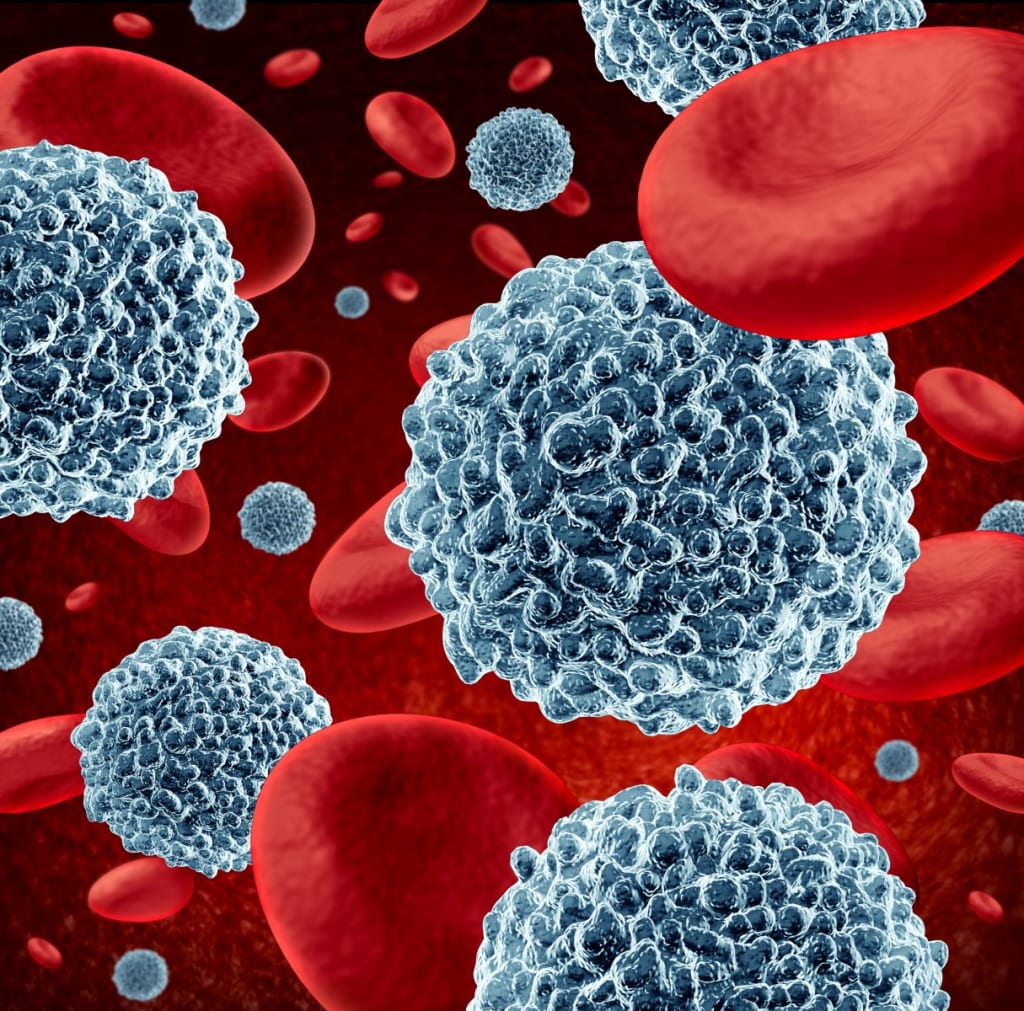Hidden Dangers: Unheard-of Causes of Cancer
10 causes of Cancer

Cancer is one of the leading causes of death worldwide, affecting millions of people each year. While many people are aware of the most common causes of cancer, such as smoking and exposure to harmful chemicals, there are several lesser-known causes that may surprise you. In this article, we will explore some of the causes of cancer that you have probably never heard of.
1. Air Pollution
Air pollution is a well-known contributor to respiratory diseases, but it is also linked to cancer. Studies have found that long-term exposure to air pollution can increase the risk of lung cancer, as well as other types of cancer such as bladder and breast cancer. The International Agency for Research on Cancer has classified air pollution as a carcinogen, meaning it has the potential to cause cancer in humans.
2. Sitting for Long Periods
Sedentary lifestyles are a common problem in today's society, with many people spending long hours sitting at a desk or in front of a screen. While lack of physical activity is known to be a risk factor for cancer, recent studies have shown that sitting for extended periods may also increase the risk. Prolonged sitting has been linked to an increased risk of colon, endometrial, and lung cancer, among others.
3. Oral Sex
While sexually transmitted infections such as HPV are known to increase the risk of certain cancers, many people are unaware that oral sex can also be a risk factor. HPV can cause cancer in the mouth and throat, and studies have found that people who have had more than five oral sex partners have a significantly higher risk of developing these cancers.
4. Sleep Deprivation
Sleep is essential for good health, but many people do not get enough of it. Chronic sleep deprivation has been linked to a range of health problems, including an increased risk of cancer. Studies have found that people who regularly get less than six hours of sleep per night are at a higher risk of developing breast, colon, and prostate cancer.
5. Fungal Infections
Fungal infections are often thought of as minor health issues, but they can have serious consequences. Some types of fungi produce toxins that can damage DNA and increase the risk of cancer. For example, the fungus Aspergillus is known to produce aflatoxins, which can cause liver cancer. In addition, fungal infections can weaken the immune system, making it more vulnerable to cancer.
6. Gut Bacteria
The human gut is home to trillions of bacteria, which play a crucial role in digestion and overall health. However, some types of gut bacteria have been linked to an increased risk of cancer. For example, studies have found that people with high levels of certain types of bacteria in their gut are at a higher risk of developing colorectal cancer. Conversely, other types of gut bacteria have been found to have a protective effect against cancer.
7. Working the Night Shift
Working night shifts is a common practice in many industries, but it can have a significant impact on health. Studies have found that working the night shift can disrupt circadian rhythms, which can increase the risk of cancer. Night shift work has been linked to an increased risk of breast, prostate, and colorectal cancer, among others.
8. Birth Control Pills
Oral contraceptives are a popular form of birth control, but they can have unintended consequences. Some studies have found that long-term use of birth control pills can increase the risk of breast and cervical cancer. However, the risk is relatively small, and the benefits of birth control often outweigh the risks.
9. Dental X-Rays
Dental X-rays are a routine part of dental care, but they can expose patients to ionizing radiation, which can damage DNA and increase the risk of cancer. While the risk is relatively small, it is still a concern, especially for people who receive frequent dental X-rays. In fact, a study published in the American Journal of Epidemiology found that people who had frequent dental X-rays before the age of 10 had a higher risk of developing brain tumors later in life.
It is important to note that the risk associated with dental X-rays is relatively small, and the benefits of receiving dental care generally outweigh the risks. However, it is still important to take precautions to minimize your exposure to ionizing radiation. This can include using digital X-rays instead of traditional film X-rays, using lead aprons and thyroid collars to protect yourself during the procedure, and avoiding unnecessary X-rays.
10. Certain Medications
Some medications have been linked to an increased risk of cancer. For example, long-term use of non-steroidal anti-inflammatory drugs (NSAIDs) such as aspirin and ibuprofen has been associated with an increased risk of stomach cancer. In addition, some medications used to treat autoimmune diseases such as rheumatoid arthritis and lupus have been linked to an increased risk of lymphoma.
It is important to note that the risks associated with medications vary depending on the specific medication, the dosage, and the duration of use. If you are concerned about the potential risks of a medication, it is important to speak with your healthcare provider.
In conclusion, cancer is a complex disease with many causes. While some risk factors such as smoking and exposure to harmful chemicals are well-known, there are several lesser-known causes that may surprise you. These include air pollution, sitting for long periods, oral sex, sleep deprivation, fungal infections, gut bacteria, working the night shift, birth control pills, dental X-rays, and certain medications. By being aware of these lesser-known risk factors and taking steps to minimize your exposure, you can help reduce your risk of developing cancer.
About the Creator
James Dorcas
Meet James, a versatile content writer with over 2 years of experience crafting engaging copy for a wide range of industries. With a passion for research and storytelling, he delivers high-quality content that drives results.






Comments (1)
It's true, many less-known factors contribute to cancer risk, including diet, environmental toxins, and even certain infections. Interestingly, another unexpected area of research has been around common drugs, like Fenbendazole, a medication typically used for parasitic infections in pets. I recently read a fascinating article about this on https://www.fenbendazole.org/2019/12/19/what-is-fenbendazole-and-how-can-it-affect-cancer-treatment/. It reminds me of my friend's story. Diagnosed with cancer, he was desperate to find alternative therapies. He chanced upon this drug, and it surprisingly complemented his treatment protocol, leading to a significant improvement. Always consult your oncologist before trying anything new though!